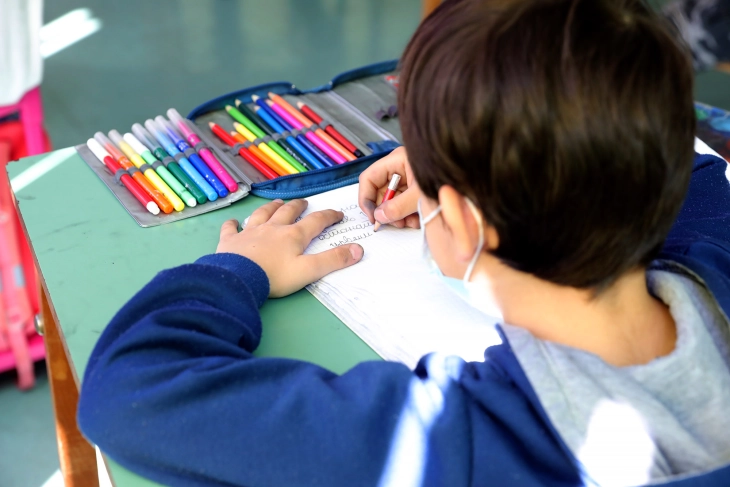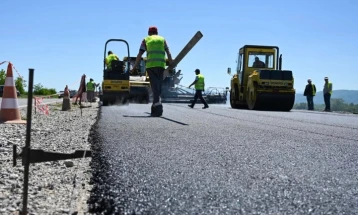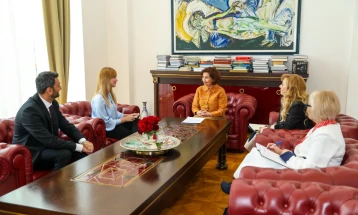UNICEF: Keeping schools safe and open is a whole-of-society responsibility

Skopje, 31 August 2021 (MIA) – As children get ready to return to in-person learning in schools, UNICEF is calling on a whole-of-society effort to keep schools safe and open. According to UNICEF, the best interests of children must be central to any decision-making on school operations.
“Reopening schools for in-person learning is a critical step to ensure every child can access a quality education that builds and accredits the skills children and adolescents need – including in literacy and numeracy, and transferable, digital, entrepreneurial and job-specific skills,” said Patrizia DiGiovanni, UNICEF Representative.
“Children and youth cannot risk having another year of disrupted learning. Before the COVID-19 pandemic, North Macedonia was already facing a learning crisis with more than half of all fifteen-year-olds in the country failing to meet basic proficiency levels in reading and maths. Now more than ever students need the entire country to give priority to keeping schools safe and open and rebuild what has been lost in learning and mental wellbeing,” DiGiovanni pointed out.
Even in communities with the highest rates of COVID-19, the World Health Organization (WHO) recommends all options should be considered for the continuing of in-person learning.
“COVID-19 becomes a virus that we must learn to live with, and it is an imperative now to reduce the disruption to children and young people’s education regardless of their age. The evidence is clear that being out of education causes significant harm to educational attainment, life chances, mental and physical health. With the opportunity of 2 doses vaccines being offered to all adults and adolescents above 12 years of age in North Macedonia, the priority now is to deliver face-to-face, safe and high-quality education to all pupils - particularly given that the direct clinical risks to children are extremely low,” said Dr Jihane Tawilah, WHO Representative to North Macedonia.
According to UNICEF, school closures impact on students’ learning, health and well-being at critical developmental stages with profound repercussions for each child, their family and their economy. Many of these children will never catch up.
With risk mitigation measures in place, schools are safe environments for children, UNICEF said in a press release.
“The latest evidence shows schools do not drive the spread of COVID-19 in the community and COVID-19 does not pose a high risk to children. School closures have the greatest negative impact on the most vulnerable children who are far less likely to have access to remote learning and more likely to be exposed to violence, abuse, neglect, child labor and marriage and other risks,” reads the press release.







